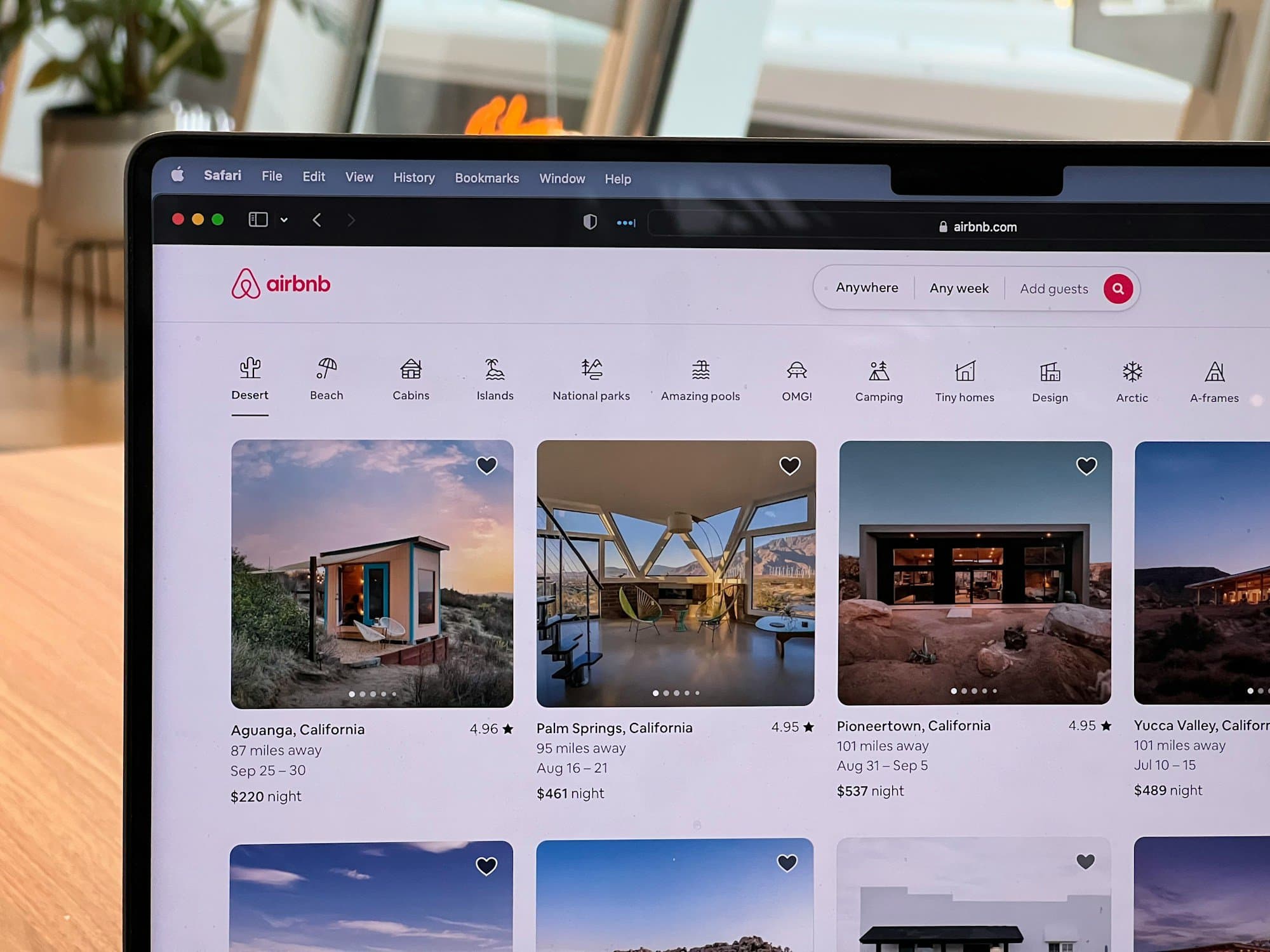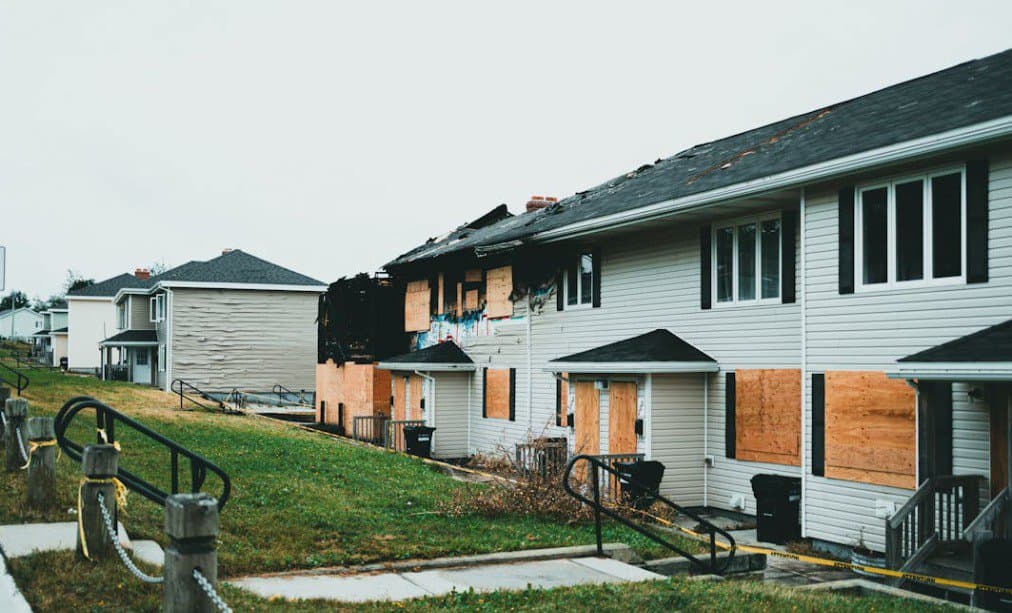
Options for Rental Property Loans
Which Rental Property Loans Are Right For You?
Real estate investment is a great way of building wealth, but funding a rental property differs from taking out a mortgage on a primary residence. Rental homes are riskier investments for lenders, so they require more formalities, have higher interest, and demand more down payments. Understanding the various loans for rental properties will help you pick the best possible solution for your investment needs.
This guide explains the most common loans on rental property, how they work, and what to consider when applying.
1. Conventional Loans for Rental Properties
A rental home loan is one of the most conventional funding methods among real estate investors. These home loans are provided by private lenders such as credit unions and banks and follow Fannie Mae and Freddie Mac standards.
Key requirements include:
- High Credit Score: A minimum credit score of 620-700 is desired by most of the lenders based on the borrower and loan program.
- Large Down Payments: Primary residences can be financed with as little as 3% down, but rental homes typically require 15% to 30% down.
- Debt-to-Income Ratio (DTI): A DTI of less than 36% is desired by lenders, meaning your monthly debt payments must not exceed 36% of your income.
- Higher Interest Rates: Conventional loans on rental homes carry slightly higher interest rates than primary home loans.
Below are the pros and cons of conventional loans.
Pros of Conventional Loans:
- Lower interest rates than other loans
- Eligible for up to 10 financed properties (Fannie Mae limit)
- Longer loan terms (15-30 years)
Cons of Conventional Loans:
- Requires high credit score and higher down payment
- Stricter approval process than government-backed loans
For well-credit investors with enough savings for a down payment, a rental home loan from a conventional lender can be a budget-friendly option.
2. Government-Backed Loans for Rental Property Investors
Government-backed loans, such as FHA, VA, and USDA loans, are generally only for owner-occupied homes, but there are ways to use them for investment.
FHA Loans
The Federal Housing Administration (FHA) loan can allow buyers to purchase just 3.5% down, provided that they live in one unit and rent out the others.
This is ideal for first-time investors who want to start with loans for rental property with a minimal down payment. Owner-occupancy is required for a minimum of one year, and mortgage insurance is mandatory, adding to your total expenses.
VA Loans (For Qualified Veterans & Servicemembers)
The VA loan is one of the best loans, as it has zero down payment and no PMI. Veterans can use a VA loan to purchase a multi-family rental property if they occupy one of the units.
USDA Loans (For Rural Rental Properties)
The USDA loan is a zero-down financing option as well but is only available for rural properties and includes owner occupancy stipulations. The loan is not normally used for rental properties but may be utilized by investors living in the qualified areas.
For investors looking to house hack or rent out part of a property while living in it, these government-backed loans are a low-cost option for breaking into real estate investing.
3. Portfolio Loans for Rental Properties
A portfolio loan is a non-conventional mortgage offered by banks or private lenders who keep the loan in their portfolio and do not sell it to Fannie Mae or Freddie Mac. The loan is ideal for investors who:
- Have multiple rental properties
- Have high debt-to-income ratios
- Need flexible loan terms
Some benefits of portfolio loans include:
- No limit on the number of properties financed
- More lenient income and credit requirements
- Can be set up for short- or long-term financing
Some disadvantages are:
- Lower interest rates for conventional mortgages
- Shorter loan terms and potentially larger monthly payments
For real estate investors constructing portfolios outside the bounds of conventional lenders, loans for rental property can offer custom financing solutions.
4. DSCR Loans (Debt Service Coverage Ratio Loans)
A DSCR loan is a unique type of financing for real estate investors. Instead of looking at the borrower’s personal income, DSCR loans look at whether or not the rental income from the property can be applied to loan payments.
How DSCR is Calculated:
DSCR = Net Operating Income (NOI) divided by Debt Payments
A DSCR of at least 1.25 is normally required, in other words, the property generates 25% more rental income than the mortgage payments.
W-2 income verification is not necessary with these types of loans, making them an ideal option for landlords who own several rental properties or are self-employed.
Below are some pros and cons of DSCR loans.
Pros of DSCR Loans:
- No need for W-2 income verification
- Ideal for full-time investors or those with sporadic income
- Fast approval process
Cons of DSCR Loans:
- Requires decent rental income
- Slightly higher interest rates than typical mortgages
As an investor wondering how to get a rental home loan on the property’s income alone without personal earnings, a DSCR loan would be the perfect fit.
5. Hard Money Loans for Rental Properties
Hard money loans are short-term loan facilities provided by private lenders. Hard money loans are primarily used by fix-and-flip house investors or others who need funds immediately for buying rental properties.
Some Features of Hard Money Loans:
- Short loan duration, usually 6 months to 3 years
- Higher interest rate, usually 8% to 15%
- Sanction of the loan based on collateral value rather than borrower credit score
Some pros and cons of hard money loans are listed below.
Pros of Hard Money Loans:
- Rapid access to funds (loans close in days, not weeks)
- Best for investors buying distressed properties
- No tough credit score or income requirement
Cons of Hard Money Loans:
- Short terms demand quick exit strategy
- Steep interest rates and fees
Hard money loans for rental properties can be a good option to buy a property quickly before refinancing with a long-term loan.
Deciding the Right Loan for Your Rental Property
The ideal rental home loan is dependent on your credit score, income, and other factors. Below is a quick comparison to consider:
| Loan Type | Best Fit For | Down Payment | Interest Rates | Approval Time |
| Conventional Loan | Long-term investors with good credit | 15-25% | Low to Moderate | Moderate |
| FHA Loan | House hacking | 3.5% | Moderate | Slow |
| VA Loan | Veterans | 0% | Low | Slow |
| Portfolio Loan | Investors with multiple properties | Varies | Moderate to High | Moderate |
| DSCR Loan | Investors using rental income for qualification | 20-25% | Moderate to High | Fast |
| Hard Money Loan | Short-term investors | 10-30% | High | Very Fast |
Each type of loan has its own advantages and disadvantages. Choosing the right one depends on your own investment goals
Final Thoughts
Securing the right loans for rental properties is key to long-term real estate investing success. Utilizing a traditional mortgage, a DSCR loan, or a hard money loan, each product has its merits. Understanding the requirements for rental property loan requirements and comparing financing options will allow you to make the most educated decision for your investment strategy.


